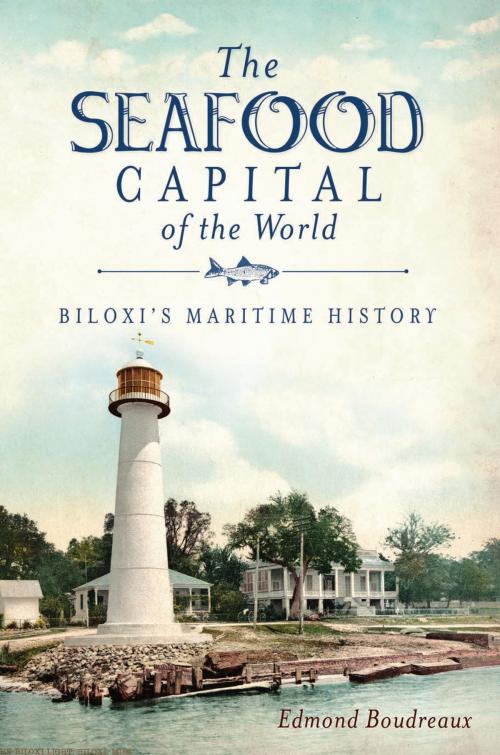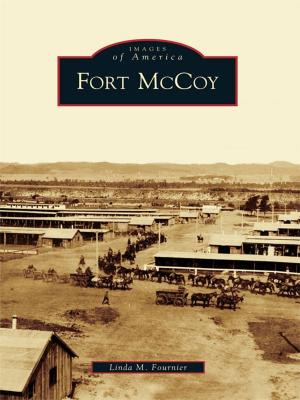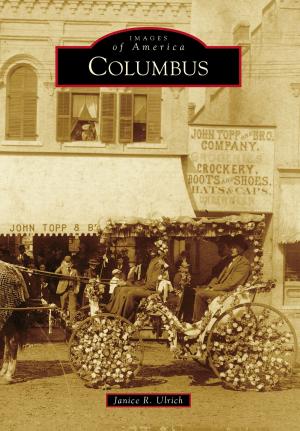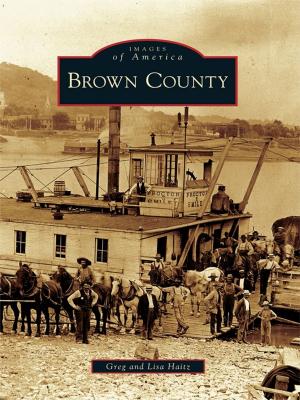The Seafood Capital of the World: Biloxi's Maritime History
Nonfiction, History, Americas, United States| Author: | Edmond Boudreaux | ISBN: | 9781625841971 |
| Publisher: | Arcadia Publishing Inc. | Publication: | July 21, 2011 |
| Imprint: | The History Press | Language: | English |
| Author: | Edmond Boudreaux |
| ISBN: | 9781625841971 |
| Publisher: | Arcadia Publishing Inc. |
| Publication: | July 21, 2011 |
| Imprint: | The History Press |
| Language: | English |
Predating even colonial America, Biloxi was established for its welcoming gulf shore both a home for traders and a beacon for explorers of the mainland. Geography made Biloxi a historic maritime hub of trade and travel; the seafood industry made it a vibrant, thriving community. Thanks to the efforts of a variety of diverse ethnic groups, Biloxi was dubbed the "Seafood Capital of the World" at the turn of the century. By the 1920s, there were more than forty seafood factories occupying two bustling cannery districts. Cajuns with deep ties to the region, industrious Croatian immigrants and hardworking Vietnamese migr 's all contributed to Biloxi's seafood industry. Through the Civil War, devastating hurricanes and shifting economies, these hard-fishing families have endured, building Biloxi and forming its character.
Predating even colonial America, Biloxi was established for its welcoming gulf shore both a home for traders and a beacon for explorers of the mainland. Geography made Biloxi a historic maritime hub of trade and travel; the seafood industry made it a vibrant, thriving community. Thanks to the efforts of a variety of diverse ethnic groups, Biloxi was dubbed the "Seafood Capital of the World" at the turn of the century. By the 1920s, there were more than forty seafood factories occupying two bustling cannery districts. Cajuns with deep ties to the region, industrious Croatian immigrants and hardworking Vietnamese migr 's all contributed to Biloxi's seafood industry. Through the Civil War, devastating hurricanes and shifting economies, these hard-fishing families have endured, building Biloxi and forming its character.















